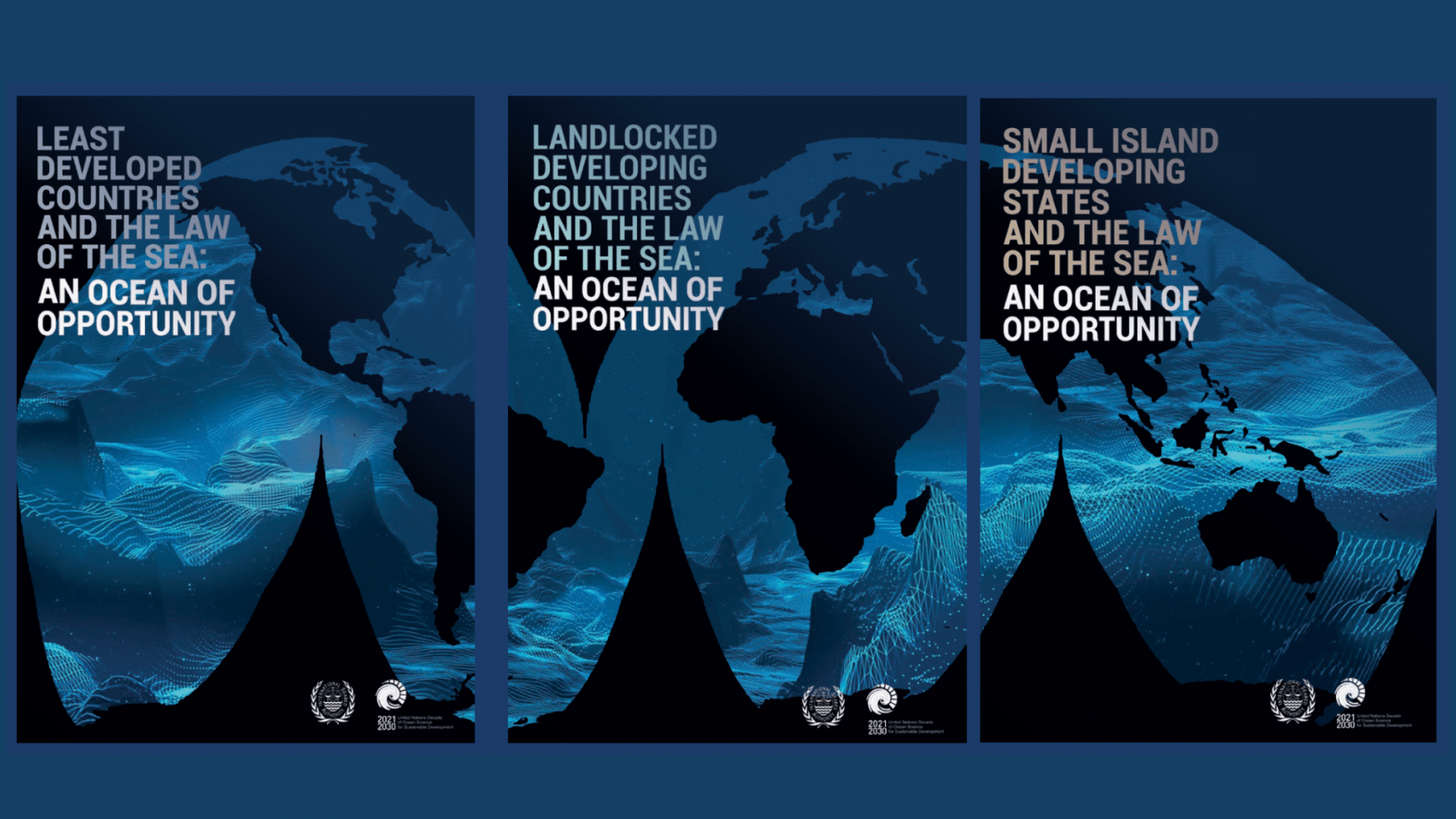On 6 June 2022, the Secretary-General of the International Seabed Authority (ISA), H.E. Mr. Michael W. Lodge, was invited to deliver a presentation on the United Nations Convention on the Law of the Sea (UNCLOS) and the particular interests of land-locked States at the Harare Blue Talks.
The Harare Blue Talks were convened by the United Nations Resident Coordinator’s Office in Zimbabwe in collaborating with the Embassies of Kenya and Portugal in Zimbabwe ahead of the United Nations Ocean Conference which will take place in Lisbon from 27 June to 1 July. The event specifically focused on the necessary conditions for landlocked developing States of Africa to “Access oceans and their resources by implementing international law as reflected in the United Nations Convention on the Law of the Sea”.
In his address, Mr. Lodge recalled that the rights granted to landlocked countries under UNCLOS are fundamental to achieving the outcomes of the Vienna Programme of Action and ensuring that all States can benefit from sustainable and inclusive ocean economies. “Those rights, including the freedom of transit through the territory of other States in order exercise their right of access to and from the sea, have been designed specifically to overcome obstacles caused by geography,” he said.
Only 20 of the 32 landlocked developing countries have so far become parties to UNCLOS and therefore Members of ISA. In southern Africa, these include Botswana, Eswatini, Malawi, Zambia and Zimbabwe. Urging countries to become parties to UNCLOS, Mr. Lodge underscored the “explicit rights” of developing landlocked States set out in the regime for the international seabed area (the Area). “They have the right to participate in deep-sea mineral exploration and marine scientific research as well as to share the financial and economic benefits from deep-sea minerals,” he said.
In particular, the legal regime for the Area provides for preferential access to potential mine sites for developing countries through the mechanism of reserved area and will grant priority in the equitable distribution of financial benefits from deep-seabed mining.
In 2021, ISA issued a series of three publications for landlocked developing countries, least developed countries and small island developing States respectively, to increase awareness among policy and decision makers of the specific provisions and rights recognized in UNCLOS for these three groups of countries.
Secretary-General Lodge also highlighted some specific mechanisms put in place by ISA to build and develop capacity of landlocked developing countries and support the development of sustainable and inclusive ocean economies, in line with the priority needs identified by them. He highlighted especially the commitment of ISA to empower women, most prominently through the Women in Deep Sea Research (WIDSR) project, which is designed to addresses the challenges faced by women scientists from developing States, and in particular from least-developed countries, landlocked developing countries and small island developing States, in ocean science and deep-sea research.
“The Lisbon Conference will be the opportunity to review and discuss our joint efforts to foster regional and international cooperation in support of a sustainable blue economy for LDCs, LLDCs and SIDS. One of our five side events at the Conference will be an event specifically on this issue co-sponsored by Bangladesh, Botswana and the Cook Islands. If you are in Lisbon, please come and join us,” Mr. Lodge said.
The written version of the Secretary-General’s Statement is accessible here.


